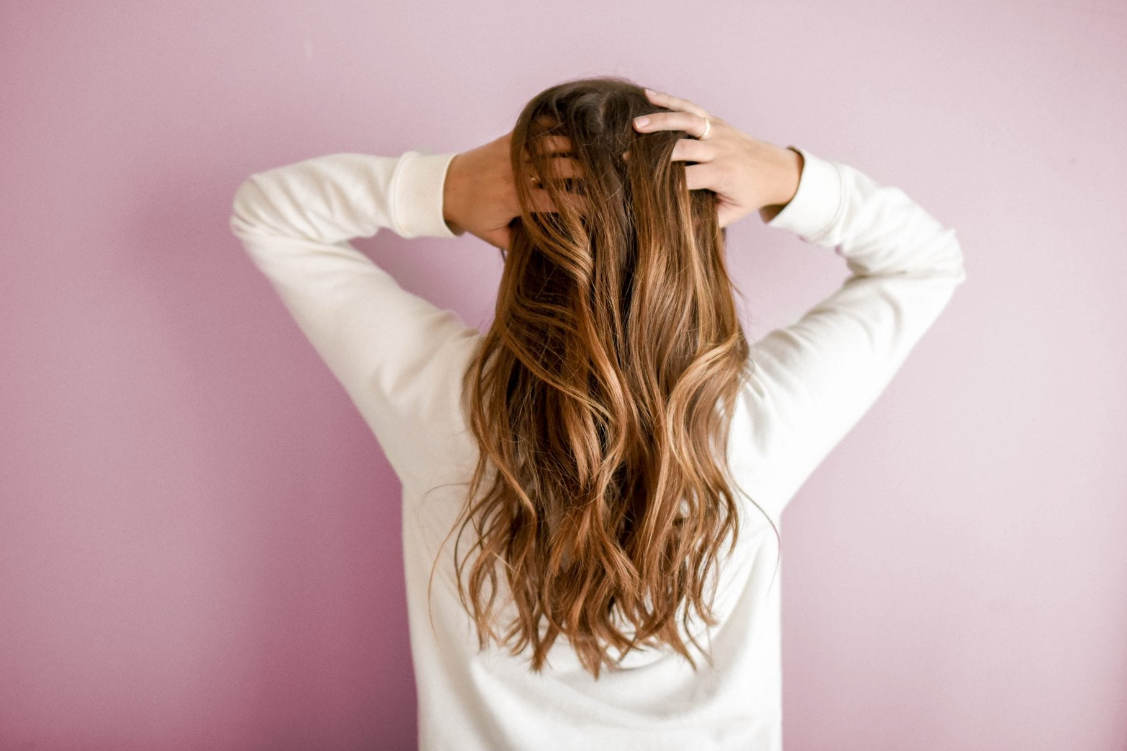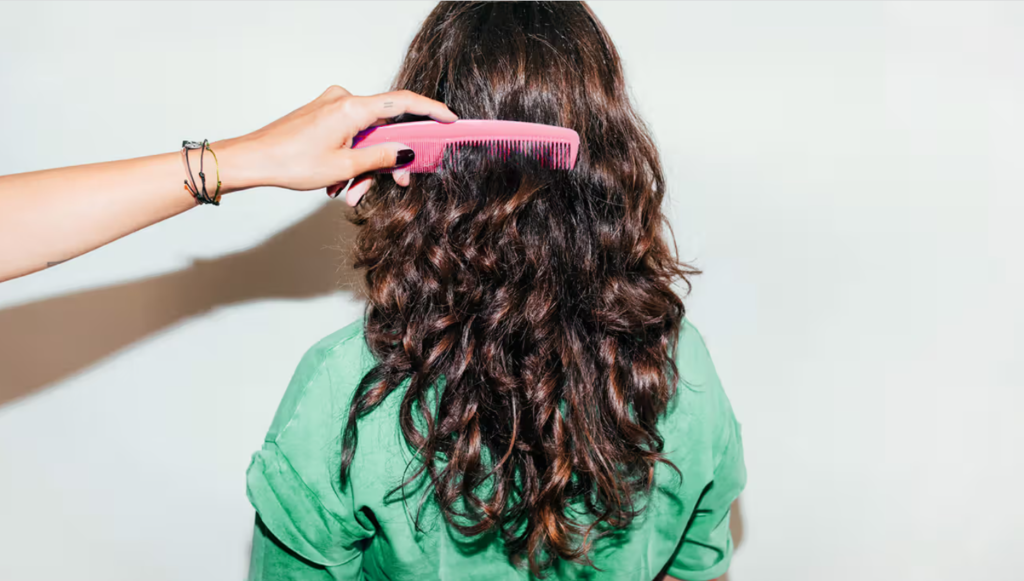I. Introduction
Hair is more than just a part of our appearance; it reflects our overall health and confidence. Achieving healthier, fuller-looking hair isn’t a mystery. With the right tricks and care, anyone can unlock the secrets to vibrant, beautiful hair.

II. Understanding Hair Health
Understanding the basics of hair health is crucial. From the scalp to the tips, every part demands attention.
- Scalp Care: Nurturing the foundation of your hair.
- Hair Follicles: The root to healthy hair growth.
- Hair Texture: Embracing and enhancing natural texture.
III. Nutrition for Luscious Locks
What we put inside our bodies matters just as much as what we apply externally.
- Balanced Diet: Essential nutrients for hair health.
- Hydration: The role of water in maintaining hair vitality.
- Supplements: Boosting hair health from within.
Related:10 BEST TIPS SUPREME HAIR BEAUTY
IV. Effective Hair Care Regimens
The routine and products you use significantly impact hair health.
- Shampooing Techniques: Best practices for cleansing hair.
- Conditioning Rituals: Nourishing strands for strength.
- Protective Styling: Safeguarding hair from damage.
V. Styling Tips for Volume and Shine
Styling can make a huge difference in the appearance of hair.
- Volumizing Techniques: Amp up the volume effortlessly.
- Shine Enhancers: Tips for that glossy, healthy look.
- Heat Styling Safeguards: Protecting hair from heat damage.
VI. Natural Remedies and DIY Treatments
Nature often holds the key to great hair health.
- Essential Oils: Harnessing nature’s healing powers.
- DIY Hair Masks: Homemade treatments for rejuvenation.
- Herbal Rinses: Natural solutions for hair woes.
20 Tricks for Healthier, Fuller-Looking Hair
Scalp Care
The scalp is the foundation of healthy hair. Massaging the scalp regularly stimulates blood flow, promoting hair growth. Consider incorporating tea tree oil for its anti-inflammatory properties, soothing the scalp and reducing dandruff.
Hair Follicles
Healthy hair starts at the follicles. Ensure your diet includes biotin-rich foods like eggs, nuts, and leafy greens. Biotin promotes hair growth and strengthens follicles.
RELATED : 10 TIPS ON HOW TO STOP NATURAL HAIR BREAKAGE
Hair Texture
Celebrating your natural texture is key. Use sulfate-free shampoos to maintain moisture and prevent frizz. Consider air-drying or using a diffuser instead of heat styling to embrace your natural waves or curls.
Balanced Diet
What you eat reflects in your hair. Include omega-3 fatty acids found in salmon, chia seeds, or walnuts for shinier, healthier hair. Protein-rich foods like lean meats and legumes aid in hair growth.
Hydration
Water is the elixir for hair health. Hydrate your body to hydrate your hair. Aim for at least eight glasses of water a day to maintain moisture.
Supplements
Supplements can complement your diet. Consult a healthcare professional to find the right supplements for you, such as biotin or multivitamins that support hair health.
Shampooing Techniques
Use lukewarm water when washing your hair to avoid stripping away natural oils. Massage your scalp gently, focusing on cleaning the roots rather than the lengths.
Conditioning Rituals
Conditioners protect and nourish your hair. Apply conditioner mainly on the ends and lengths, avoiding the scalp to prevent greasiness.
Protective Styling
Minimize heat and chemical exposure. Use heat protectant sprays before styling, and opt for hairstyles that require less manipulation to reduce breakage.
Volumizing Techniques
Flip your hair upside down when blow-drying for added volume. Consider using a volumizing mousse or dry shampoo to add texture and lift.
Shine Enhancers
Rinsing hair with apple cider vinegar restores pH balance and adds shine. Additionally, using a boar bristle brush distributes natural oils, enhancing shine.
Heat Styling Safeguards
Use heat styling tools on low to medium heat settings to prevent damage. Always apply a heat protectant before using any hot tools.
Essential Oils
Jojoba oil hydrates hair without leaving it greasy. Lavender oil promotes hair growth and has a calming effect on the scalp.
DIY Hair Masks
Create a mask with avocado and honey for deep conditioning. Apply it to damp hair, leave it for 20 minutes, and rinse for soft, nourished locks.
Herbal Rinses
Rinsing with green tea reduces hair fall and stimulates growth. Rosemary rinse improves circulation, promoting thicker hair.
FAQs
How often should I wash my hair for optimal health? Washing hair 2-3 times a week is ideal for most hair types. Adjust according to your scalp’s needs.
Can styling products damage hair? Overuse of styling products with harsh chemicals can cause damage. Limit their usage and opt for natural alternatives when possible.
Do haircuts promote hair growth? Regular trims prevent split ends and breakage, supporting healthy hair growth.
Are there specific foods that aid hair growth? Yes, foods rich in vitamins A, C, and E, as well as iron and zinc, are beneficial for hair growth.
Does stress affect hair health? Stress can contribute to hair loss. Practicing stress-reducing activities can positively impact hair health.
Can coloring or dyeing hair damage it? Frequent coloring or dyeing can weaken hair. Opt for ammonia-free or natural dyes and follow up with deep conditioning treatments.
Conclusion
Unlocking the secrets to healthier, fuller-looking hair involves a combination of proper care, nourishment, and smart styling. Embrace your hair’s uniqueness and care for it with these tricks. Remember, consistency and patience are key. Start incorporating these tips today for hair that radiates health and vitality.

